Managing Gorlin syndrome is a lifelong commitment. Because you are the one ultimately responsible for your care and wellbeing, it’s important to learn all you can about the syndrome and how it may affect your health.
The management of Gorlin syndrome centers on three areas of action: prevention, surveillance and treatment. While not all people with Gorlin syndrome share the same set of symptoms, the approach to disease management is the same.
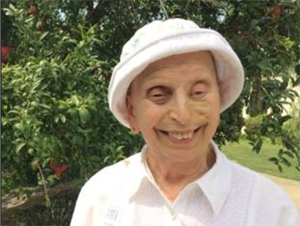
If you have Gorlin syndrome, it’s important to protect your skin from the sun.
People with Gorlin syndrome are prone to getting multiple basal cell carcinomas over their lifetimes so practicing safe sun habits is a must.
Before going outside:
While outside:
Outdoor tanning or the use of tanning beds is not recommended for people with Gorlin syndrome.
Exposure to radiation can contribute to the development of BCCs in people with Gorlin syndrome. Those with Gorlin syndrome should avoid x-rays and radiation therapy unless necessary.
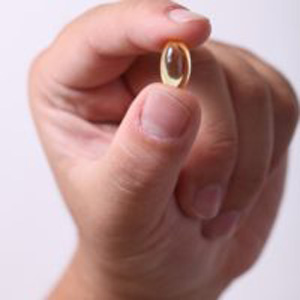
People with Gorlin syndrome may benefit from taking a vitamin D supplement
Many people with Gorlin syndrome are also deficient in vitamin D and may benefit from taking a vitamin D supplement in addition to eating a healthy diet. Vitamin D is important for immune system functioning and bone health.
NIH Office of Dietary Supplements recommends the average American adult get 1,000 to 4,000 IUs of vitamin D per day. A health care provider can provide personalized recommendations for individuals with Gorlin syndrome.
The signs and symptoms of Gorlin syndrome can develop and change over time. To understand and identify these changes, a health care provider first must establish a baseline, o
Once the baseline tests and exams are complete, people with Gorlin syndrome should work with their health care team to monitor signs and symptoms.
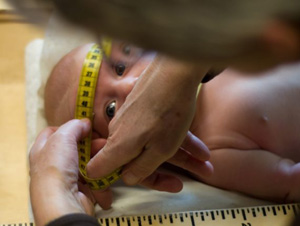
Recommended tests for infants newly diagnosed with Gorlin syndrome include measuring the size of the head.
An MRI of the brain if symptoms are found in the baseline test
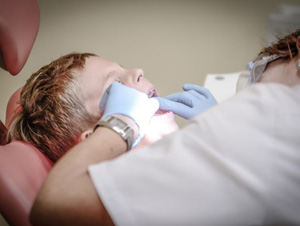
OKCs require regular monitoring by a qualified dentist to avoid teeth and jaw complications
Many symptoms of Gorlin syndrome generally do not require treatment. Other symptoms such as ovarian fibromas, warrant close monitoring and possible treatment. Still others such as BCCs and OKCs, must be treated or they will significantly impact health if allowed to grow and multiply.
Different signs and symptoms of Gorlin syndrome require different treatment approaches. Treatment often requires the coordination of a team of health care providers including specialists in dermatology, cardiology, plastic surgery, ophthalmology and oral surgery.
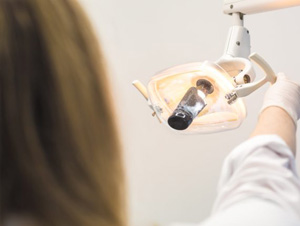
Regular visits to a dentist can help spot and treat OKCs early.